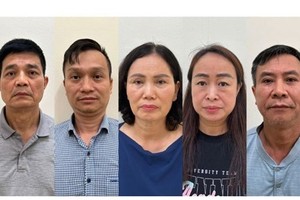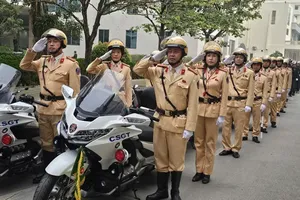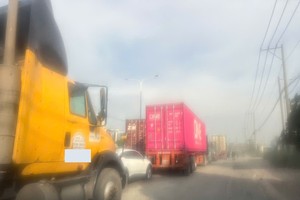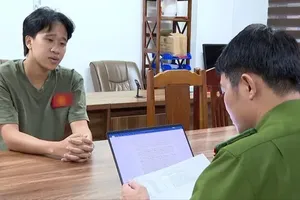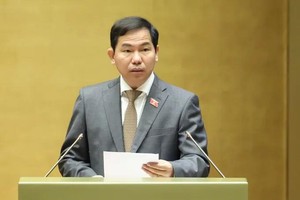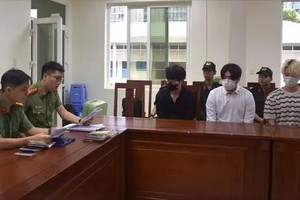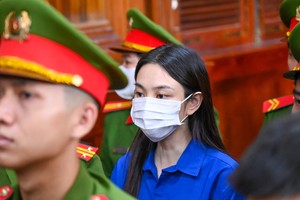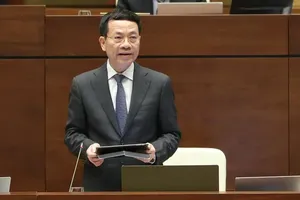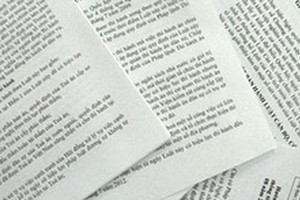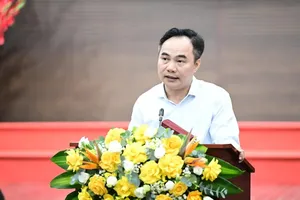
The draft law stipulates that compensation for damages incurred when requisitioned assets are damaged, lost, or completely destroyed will be calculated based on the market value at the time of their return or at the time compensation is provided.
The draft amendment to the Law on Requisition and Appropriation of Assets, currently being reviewed by the Ministry of Justice, significantly decentralizes the authority to make decisions regarding the requisition and appropriation of assets.
The bill also expands the circumstances under which assets may be requisitioned or appropriated, harmonizing its provisions with the Law on Natural Disaster Prevention and Control of 2013, the National Defense Law of 2018 (as amended in 2024), and the Civil Defense Law of 2023. Specifically, it extends the application of these measures to include situations such as a state of martial law. Consequently, the phrase 'for reasons of national defense, security, and national interest' has been updated to 'for reasons of national defense, security, or national interest, emergency situations, and natural disaster prevention and control'.
Additionally, the draft supplements the authority to decide on the requisition and appropriation of assets for leaders of various ministries and chairpersons of provincial people's committee in certain cases, rather than restricting this authority to the Prime Minister.
Notably, the regulations regarding land requisition have been clarified to avoid overlap with the Land Law of 2024.
Another significant change is the addition of the right to appeal for individuals whose property is requisitioned or purchased, concerning decisions related to the requisition and purchase of assets. The resolution of such appeals will be conducted in accordance with the law on complaints; furthermore, it clearly establishes the principle of non-discrimination and ensures the rights and legitimate interests of property owners during the requisition and purchase process.
The responsibility for addressing violations of the law regarding the requisition and purchase of assets has also been expanded, assigning additional inspection duties to the Ministry of Finance.
It includes provisions regarding prohibited actions, such as failing to revoke decisions on the requisition and purchase of assets when circumstances necessitate such revocation. The principle of compensation for damages has also been added and refined compared to current regulations, stipulating that the compensation value in cases where requisitioned property is damaged, lost, or completely destroyed will be based on the market value at the time of return or compensation.
Regarding the types of requisitioned property, the draft proposes to study the inclusion of "pets" in the list of requisitioned assets, particularly for national defense tasks such as guarding, communication, reconnaissance, and countering divers, armed with weapons.
According to the draft proposal for the law project, these amendments and additions reflect the efforts of relevant authorities to establish a comprehensive, transparent, and effective legal framework for the requisition and purchase of assets in Vietnam, while also ensuring a balance of interests between the State and citizens.
